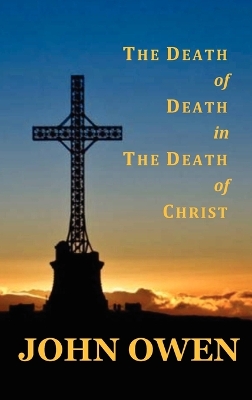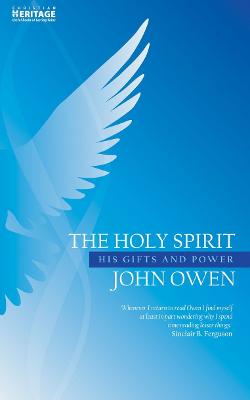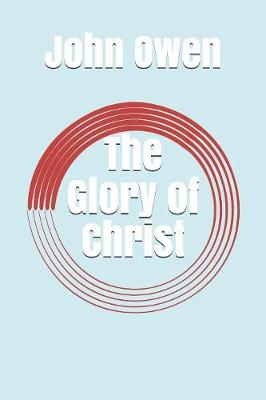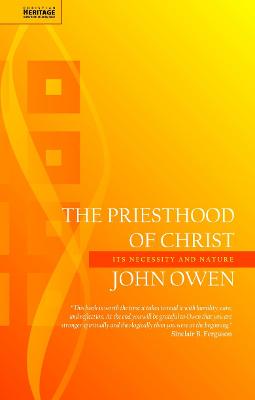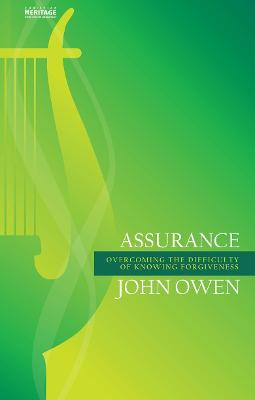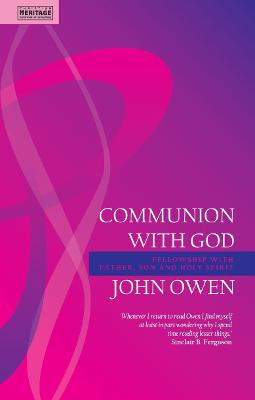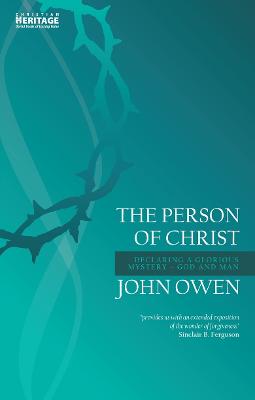John Owen
7 total works
The fraud and manipulation, which abounds in the church under the pretence that it is the work of the Holy Spirit, make this book required reading. Things excellent in themselves and acknowledged by all Christians are often counterfeited; the more worthy any thing is, the more destructive is the abuse of it.
All believers must “try the spirits” because false prophets and false teachers deprive us of liberty. Some people claim to know the Spirit’s inward enlightenment, but the darkness of Satan fills their imaginations. This false light is of no use to the souls of men; it is in opposition to Christ and his work. The only way to tackle this is by giving a plain and scriptural account of the nature and work of the Holy Spirit.
His work did not end at Pentecost, otherwise all faith in Christ would have ceased, and Christianity also. The Spirit continues to work in the hearts of men, convicting of sin; producing godly sorrow and humility; regenerating and sanctifying; supplying grace and helping in prayer.
John Newton spoke of Owen’s work as, “An epitome, if not the masterpiece of his writings.” No one who cares about the church in the 21st century can afford to ignore this exhaustive guide.
This is a very lightly edited text with a new layout and is fully subtitled which makes it more accessible to a new generation of readers.
John Owen is noted for taking themes that those who had gone before had often wrestled with and write with clarity and depth. He does the same here with The Priesthood of Christ. Having studied the Book of Hebrews in great depth and written a world renowned commentary on it, John Owen is able to give us a comprehensive guide to this important theme. He explains how the Old Testament pillars of the Law and the Covenant relate to Christ’s office of Priest. Includes an introduction from Sinclair B. Ferguson.
How can I be sure that God has forgiven me? In this volume, essentially an exposition of Psalm 130, John Owen pinpoints the causes of such spiritual distress, not merely with the clinical skill of a spiritual diagnostician, but also with the understanding of someone who had profound experience of those ‘depths’. And Owen does not stop with diagnosis. He maps out a biblical path of faith and obedience for distressed believers who long to say with full assurance, ‘God has forgiven me.’
In 1657, John Owen produced one of his finest devotional treatises: probably originating from the substance of a series of sermons.
He examines the Christian’s communion with God as it relates to all three members of the trinity. He assures that every Christian does have communion with God, no–one is excluded and that this communion takes place distinctly with Father, Son and Holy Spirit. Our relationship with…
God the Father is primarily through love and faith.
God the Son is through fellowship & grace.
God the Holy Spirit is primarily through comfort and sanctification.
This was a controversial work in ecclesiastical circles of the 17th century. Twenty years after its publication, the rational ecclesiastical elite were scoffing at it’s contents. Owen strongly defended the ideas within this book, and history has shown him to be right! It is a classic of Christian devotional thought that still influences the church today. This is the original text with a new layout and is fully subtitled which makes it more accessible to a new generation of readers.
John Owen sought to illustrate the mystery of divine grace in the Person of Christ. Regarded as one of the most important post–Reformation works, Owen’s Christology illustrates the mystery of divine grace in the Person of Christ.
